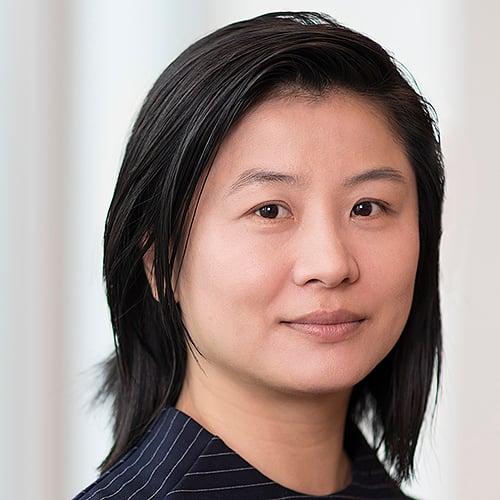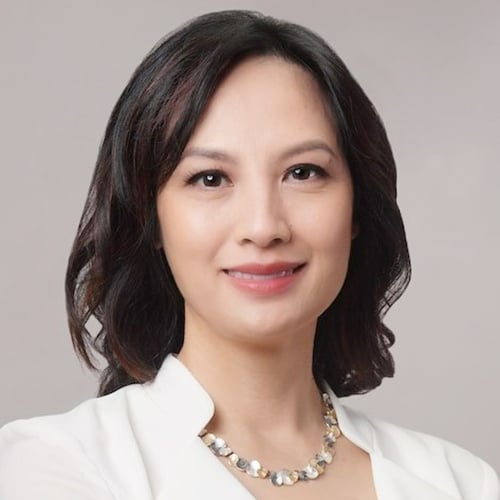SINGAPORE - With the accelerating transition to a more sustainable and low carbon economy, there are many opportunities and challenges to growing the green financing market and how capital is shifting to green businesses, according to experts at the 14th Asia Bond Markets Summit in Singapore organized by The Asset Events.
The panel featured Cedric Rimaud, Asean programme manager, Climate Bonds Initiative; David Jenkins, head of sustainable finance, corporate & institutional banking, National Australia Bank; Nicholas Gandolfo, associate director, sustainable finance solutions – Asia-Pacific, Sustainalytics; and moderated by William Gillespie, director, debt syndicate and origination Asia, capital markets and advisory, corporate and institutional banking, National Australia Bank.
“There are a lot of opportunities for banks and issuers for taking leadership and commitment in countering climate change,” says Gandolfo. Appetite to invest in debt that supports the global transition towards a more sustainable and lower carbon economy is growing rapidly. “Market is shifting and investors are thinking to deploy capital to those industries that cannot thought to be able to support green financing. So though there is not a standard definition of transition bond, I think consensus will emerge as the market continues to develop,” says Gandolfo.
“We have limited time as global warming is becoming increasingly severe. It is not enough if we only rely on the new green business - it is also important to find solutions for the brown assets as well,” says Rimaud.
There is a growing demand from both issuers and investors for more green assets. “The green market is growing. The whole ecosystem is growing,” says Gandolfo. “The green bond market, which developed for only 4-5 years is now similar to the size of the convertible bond market, which took decades to develop to its current size,” says Rimaud.
“One of the key risks is greenwashing,” says Jenkins. Meanwhile companies that operate in carbon intensive industries may sufficiently lack green assets to finance through either green or sustainability bonds and could be subject to claims of greenwashing.
However, this issue is gradually changing as the market is demanding more transparency and disclosure. “There is a continuing demand for greater transparency and disclosure. For the case in fixed income, impact reporting is very much demanded,” he notes.
Gandolfo emphasizes the need to have a different space or platform where issuers are being disclosed so that it will be more clear what investors are getting through investing in green assets of certain companies. “Investors is not only looking at the projects, but also the company itself. I think it would be a trend,” says Gandolfo.
Another challenge is that some of the relatively small projects are sometimes too small for banks to issue bonds, according to Rimaud. “I think in the future, there should be a platform that securitizates green projects and green bonds, to include all sizes of green projects,” he suggests.
Corporates are seeking to better integrate sustainability within their operations and reduce their environmental, social and governance (ESG) risk factors. Investors, on the other hand, actively seek a more diverse range of issuers across the credit spectrum whilst continuing to align their investment portfolios with the UN Sustainable Development Goals (UNSDGs). “The true dark green investors base is still very small but growing,” says Jenkins.
“Integrating ESG into investment is now more prevalent especially to fixed income investors,” says Gandolfo. “If we can get back to 2006 and was told that the housing market in the US will collapse, will the investors move money out from that market? It is the same case now. There is a transition coming and it is called climate change,” says Rimaud, noting that it is time for issuers and investors to act upon climate change.









